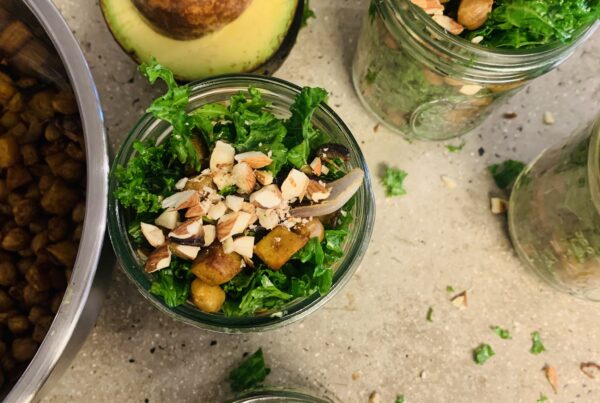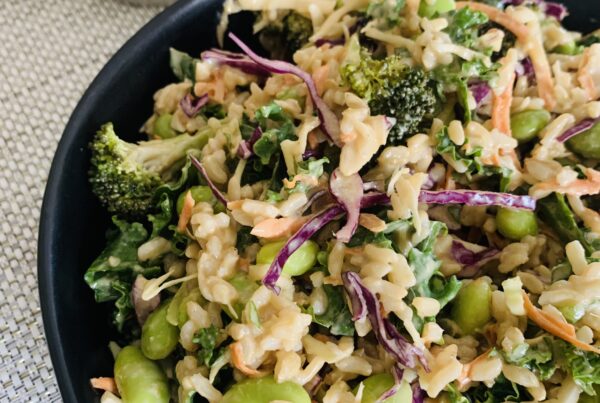Missing the basics of nutrition (and hydration) can not only impair your performance but open the doors to injuries and compromise your energy levels in your everyday life.
If you find yourself working out way too hard and having no noticeable changes in your performance, this article may be for you. Learning the basics and doing them right can be life-changing to your performance. Keep reading to find out what nutrition strategies you can do to support your lifestyle.
I’m guilty. Before I learned what I know about nutrition and hydration I made ALL the mistakes below. I see a lot of people in the same situation, they do the best they can with what they know. The lack of information about nutrition leaves us at the mercy of the food industry and its marketing.
Mistake 1 – Working out on an empty stomach.
If your last substantial and balanced meal was over 2 hours before you start a training session you need a snack.
The duration and intensity of the session will tell you how much and what to eat, as well as how soon your session is. There are a lot of nuances to it, that a nutrition coach should be able to assist you with.
Basically, you need carbs to give your muscles energy to burn during a workout. YES, CARBS. Eating a banana or a high-carb snack 30 minutes before working out should help.
I have a cheat sheet that helps you stay on track with your nutrition and hydration when training hard, preparing for an event, or if you have a very active and intense routine. Download it here.
Mistake 2 – Not eating after a workout.
Again, the duration and intensity are key, but generally, you want to prioritize protein after a workout. As soon as you cool down, you start the recovery process, which takes amino acids (aka proteins) to get done. This is especially important for women in peri and post-menopause.
You still need to eat a full meal afterward! Eating too much too soon after an intense training session can upset your digestive system. Your body needs some time to redirect blood flow to all body systems and get back to “rest and digestive” mode.
Eating before and after workouts applies to you even if you’re trying to lose weight. Weight loss is a whole other topic, and honestly not my favorite or expertise. But if I had a recommendation for you, it would be to focus on healthy eating and exercise first, then when your metabolism is running in the right gear, weight loss.
Mistake 3 – Not hydrating properly.
Your body needs fluids to cool down its internal temperature and keep you from overheating. When you don’t hydrate, your body pulls fluids from your blood, which affects your blood pressure and consequently your cardiovascular system and performance. Your blood carries oxygen and fuel to your muscles, it’s a pretty important fluid to keep in check.
If you’re going for intense and long efforts, you need more than water, you need electrolytes to help your cells do their job. There are also a lot of nuances, trials, and errors to it that a nutritionist should be equipped to help you.
My guide “The Basics of Nutrition and Hydration for Endurance Training” is a good starting point to be more informed about it. Download it here.
Do a favor to your muscles, friends, coworkers, teammates, and to yourself – eat and hydrate properly to have a good workout and a good day.
Small steps go a very long way. Stick with them and stay aware of the changes you feel in your body and performance.
There are a lot more nutrition strategies that can help improve performance, especially if you’re going through health concerns, such as digestive issues or other symptoms of chronic conditions (headaches, low energy, restless sleep, joint pain, skin issues).
Learning basic information is a big step already, but getting personalized recommendations can get you further and address the specific goals you’re working on.
Send me a message if you would like to chat about how we can upgrade your diet and meal prep skills to boost your performance and well-being.



